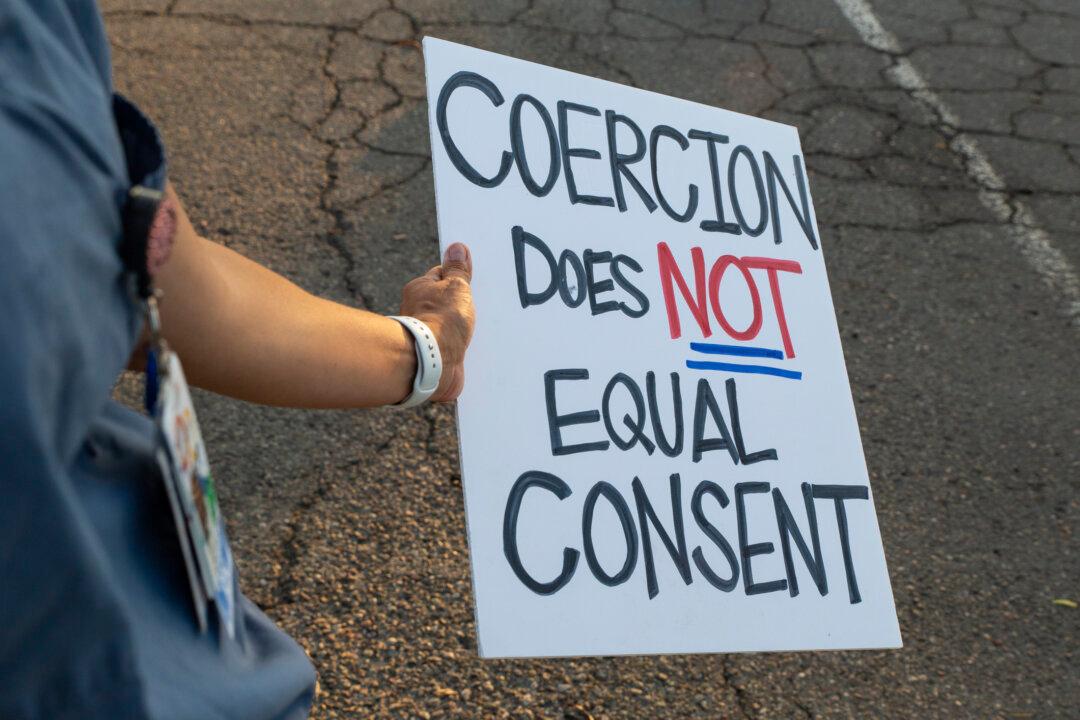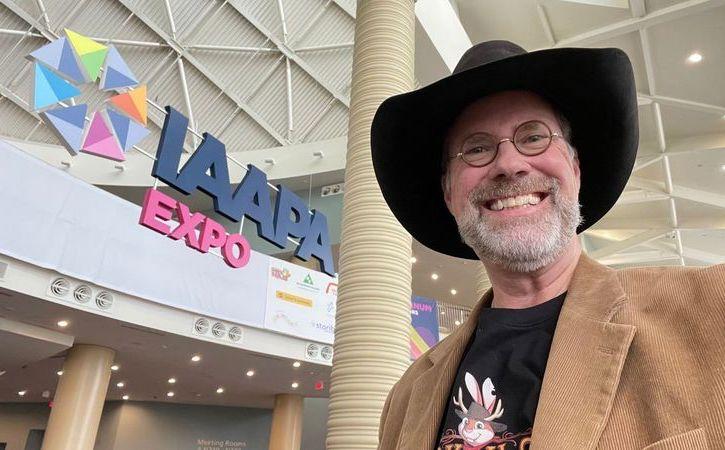Pomona Valley Hospital (PVH) reversed its decision to deny vaccine exemption requests submitted by more than 200 nurses and other staff after the group hired an attorney to represent them.
The employees had each submitted the hospital’s declination form requesting exemption from the vaccine based on their personal religious beliefs in response to state and county COVID-19 vaccine mandates for all health care workers.





